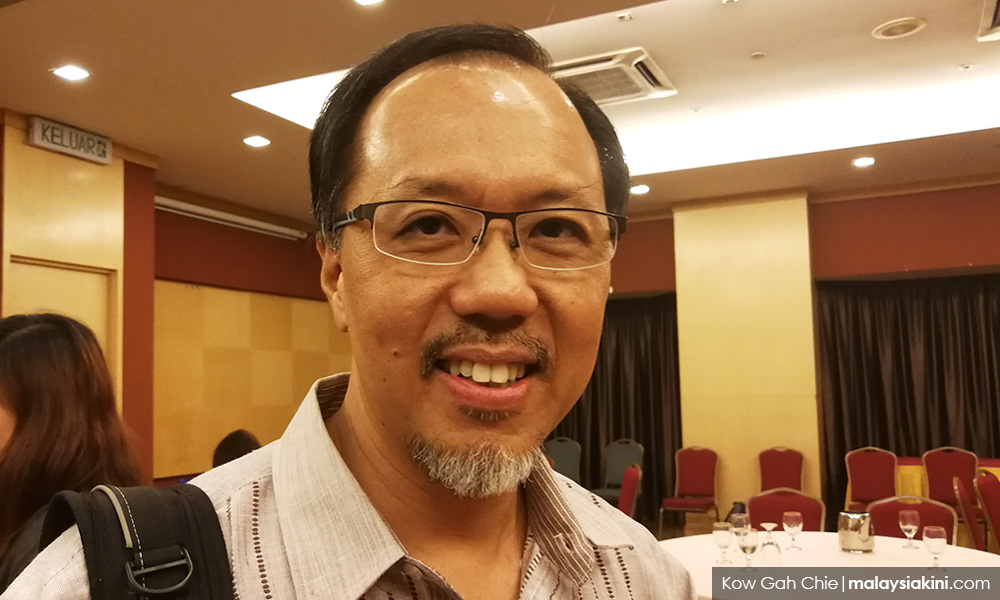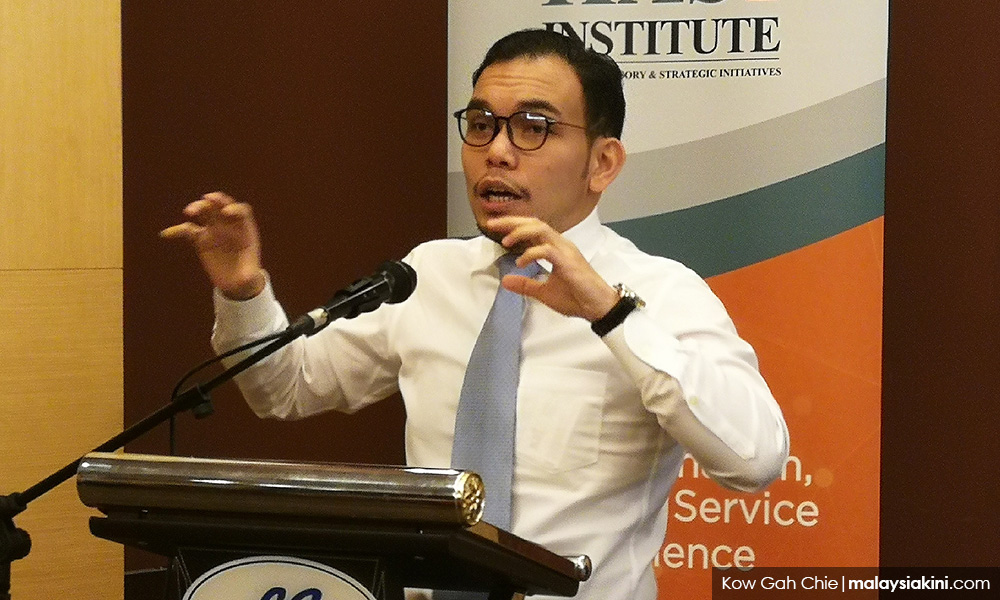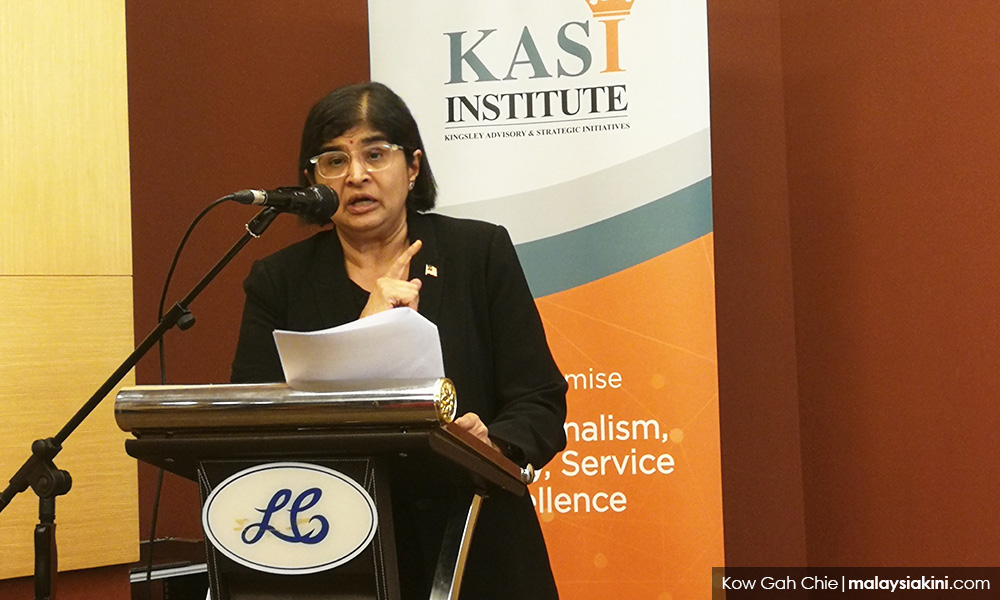
Civil society lost its lustre after the 14th general election by abandoning its "opposition mode" and choosing to work with the Pakatan Harapan administration instead, a forum was told last night.
"I think recent events – particularly the controversy over the International Convention to Eliminate All Forms of Racial Discrimination (Icerd), leading to the (Dec 8 anti-Icerd) rally – have shown that perhaps civil society may have abandoned the so-called 'opposition mode.'
"We wanted to collaborate with the government, and we did not dare to come out too strongly (against it)," Gabungan Bertindak Malaysia (GBM) programme consultant Eugene Yapp told the forum held to examine the non-ratification of the United Nations treaty.
As Yapp noted, several civil society organisations wanted to rebut the public arguments made against Icerd, but were "advised" that it could stoke racial tensions, and possibly lead to a repeat of the May 13,1969 racial riots.
"So we withdrew ourselves, and said that we should not be too aggressive," he said, adding that these organisations decided to let the government handle the matter.

Immediately after the May 9 polls, Yapp (photo) said, civil society groups organised themselves into 14 to 15 clusters – generally reflective of the ministries in Putrajaya – so they could better collaborate with the Harapan administration.
But some ministries have been friendlier to civil society than others, he pointed out.
"Some groups tried to engage with ministers and the Attorney-General's Chambers (AGC) to come out with advice, but these efforts came to nothing."
'Losing the narrative'
Lawyer Syahredzan Johan took a harsher tone at the forum, saying that civil society failed to counter the narrative that Icerd would run afoul of the Federal Constitution and threaten the special position of bumiputera.
"I also lay some blame on civil society because, if we said we have been pushing for Icerd, then we should use this opportunity to push it through.
"But we let it go and we lost the narrative," he said.
Syahredzan (photo), the political secretary to DAP veteran Lim Kit Siang, pointed out that there was a concerted effort to oppose the treaty by harping on racial sentiment, which neither Putrajaya nor civil society countered in time.

"The first person to bring up the issue of lack of compatibility with Icerd and Article 153 of the Federal Constitution was BN Rembau MP Khairy Jamaluddin, who is a very sly man because after that, he did not participate at all to debate the issue and the Dec 8 rally.
"Later on, former chief justice Abdul Hamid Mohamad wrote an article in Bahasa Malaysia saying that Icerd is not compatible with the Federal Constitution.
"We hardly saw any response from the government," he said.
Syahredzan claimed that civil society groups hardly wrote a single column or statement in Bahasa Malaysia to counter these sentiments.
Yapp concurred, saying that civil society failed to drive home its message to Malay audiences.
"We should come out with a comprehensive media strategy. Human right issue is twisted into something not good for Malaysia. We should have (our) counter-narrative," he said.
Besides writing articles in Bahasa Malaysia, Yapp added, civil society groups should examine getting their views published in mainstream media outlets.
Speaking up
This was echoed by former Institutional Reform Committee (IRC) member Ambiga Sreenevasan, who said that civil society groups should make their voices heard even louder now.

"Civil society has been reaching out to the government to offer advice, we set up transitional teams (to channel our input)... (but) no one is bothering with civil society.
"So, you are right. We need to make our voices heard a little bit louder," said the former Bersih chairperson.
The Harapan administration's decision not to ratify Icerd on Nov 23 – two months after Prime Minister Dr Mahathir Mohamad pledged to ratify all remaining human rights conventions at the UN – was seen as a bowing to pressure from extremist groups.
Home Minister Muhyiddin Yassin, the Bar Council and Suhakam had stressed that ratification of the treaty was in line with the constitution.
Ambiga stressed that the Harapan government capitulated by not pushing through the ratification of Icerd, and suggested that politicians need to be educated to better understand the issue.
"We hope to see the government show a little bit confidence and courage in the face of adversity."
Other speakers at the forum included constitutional law expert Shad Saleem Faruqi, Faridah Jalil, and Society of Promotion Human Rights (Proham) assistant secretary-general Khoo Ying Hooi.
Also present was UN's Committee on the Elimination of Racial Discrimination (Cerd) rapporteur Gun Kut. - Mkini


No comments:
Post a Comment
Note: Only a member of this blog may post a comment.